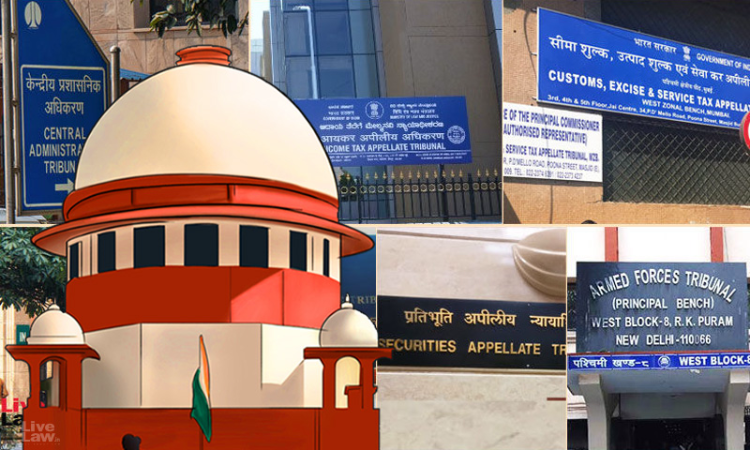Madras Bar Association Moves Supreme Court Challenging Tribunals Reforms Ordinance 2021
Manu Sebastian
19 April 2021 3:49 PM IST

Next Story
19 April 2021 3:49 PM IST
The Madras Bar Association has filed a writ petition in the Supreme Court challenging the Tribunals Reforms (Rationalization and Conditions of Service) Ordinance 2021, to the extent it amends Sections 184 and 186 of the Finance Act 2017.Sections 184 and 186 of the Finance Act 2017 give Central Government rule-making power in relation to the mode of appointment, terms of service, allowances...
